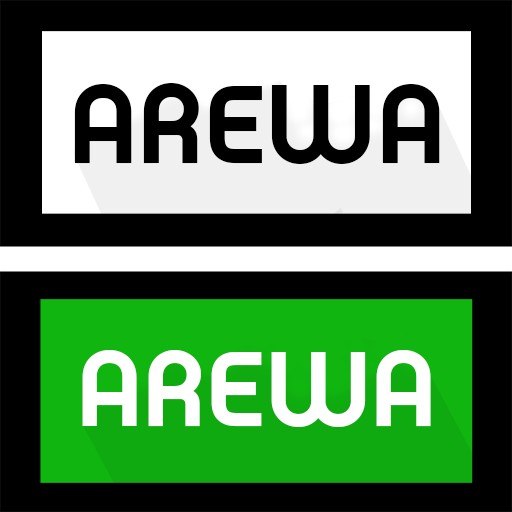
The Petroleum Products Pricing Regulatory Agency (PPPRA), yesterday, allayed concerns over the recent hike in the pump price of Premium Motor Spirit (PMS) also known as petrol, assuring Nigerians that the deregulation of the downstream petroleum industry would, in the not too distant future, help in forcing down the price of the commodity.
The PPPRA had on July 1, 2020, announced a guiding price band of between N140.80 per litre and N143.80 per litre for PMS, a development which drew the ire of some labour bodies and trade associations, who called for a reversal to the previous price of N125 per litre.
In a statement in Abuja, Executive Secretary of the PPPRA, Mr. Saidu Abdulkadir, however, attributed the rise in the pump price of the commodity to cost of petroleum products in the international market and the cost of acquiring foreign exchange (FOREX).
He explained that the newly-adopted market-based pricing system was in view of the need to promote the growth of the Nigerian petroleum industry and the economy in general.
Abdulkadir disclosed that since the government’s pronouncement which heralded full deregulation of the sector, oil marketing companies had resumed fuel importation and had directly imported a total of 536,000 metric tonnes of PMS into the country, adding that additional investment in local refining, which would engender competition and force down prices, was gaining traction.
He said, “The Agency is cognisant of the public outcry trailing the recent surge in petroleum products prices. However, this decision is a reflection of the new market-based pricing system, which does not seek to harm consumers but foster growth in the sector and prevent wastages resulting from subsidy.
“The recent upward movement in pump price is becoming a bone of contention because of the fragile state of the economy. However, deregulation of the sector is in the country’s best interest because competition has a way of forcing down prices and ensuring that companies place a tight rein on production cost such that wastes that could be passed on to consumers in form of high prices are eliminated.
“The trillions of naira that would have been spent subsidizing PMS could be injected into other key sectors such as agriculture, education, health, power and infrastructure. There will also be focus on the provision of social safety nets for the poor who bear the brunt of the COVID-19 pandemic.”
Abdulkadir maintained that under the market-based pricing regime, products prices would be determined by market forces, adding that this explained the recent downward and upward movements in the guiding pump price band of PMS, which reflected market realities.
Reasons for hike
He said: “It is important to note that applicable petroleum products cost accounts for about 80 per cent of the pump price of petroleum products. Correspondingly, if the price of crude oil is low, it stands to reason that pump prices will come down and similarly, when prices increase, pump price will be expected to go up reflecting market trends.
“In the same vein, Foreign Exchange (Forex) rates also play a significant role in determining the guiding pump price of petroleum products. Forex availability to importers is very essential in enabling marketers procure the products and sell at Expected Open Market Price (EOMP).
“To this end, the Agency is engaging with the Central Bank of Nigeria (CBN) to ensure availability of the required Forex for the importation of petroleum products and the modality for marketers to access Forex at the applicable window.”
The PPPRA boss reiterated that the agency no longer fixes prices but rather provides a guiding price band within which the operators were expected to operate.
According to him, this takes into account prevailing market conditions by monitoring petroleum products prices daily, using the average price of the previous month and other components like foreign exchange rates to determine prices for the following month, while ensuring reasonable returns to oil marketing companies (OMC).
In addition, he said: “Concerted efforts in the gas industry will further cushion the effect of high oil price, by providing a cheaper, healthier and cleaner alternative to PMS. Several companies have already indicated interest in Autogas development, especially in the area of Compress Natural Gas (CNG), Liquefied Natural Gas (LPG) and natural gas retailing for the domestic market.
“Others are seeking partnerships with existing retail outlet owners for co-location and development of multi-fuel facilities. Meanwhile, existing OMCs have expressed willingness to expand their facilities to include Auto-Gas dispensers.”
Related
[ad_2]
